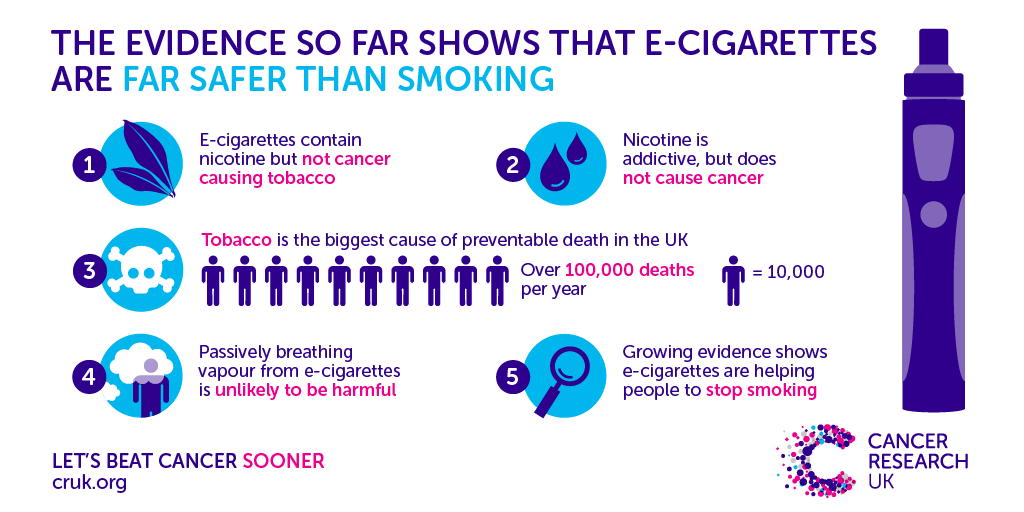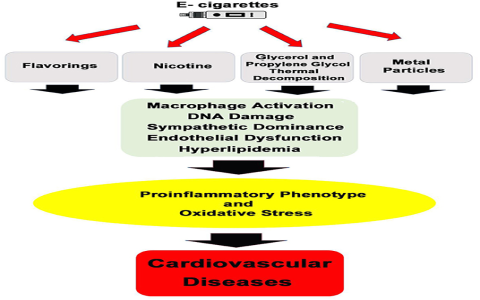Confusion between an allergic reaction to electronic cigarettes (e-cigarettes) and nicotine sickness is common, but understanding their differences is crucial for appropriate response and health management.
What Is an Allergy to Electronic Cigarettes?
An allergy to e-cigarettes refers to an immune system response triggered by components in the vapor, such as propylene glycol, vegetable glycerin, or flavor additives. Symptoms typically develop within minutes to hours after exposure and can include:

- Respiratory issues: Wheezing, shortness of breath, or coughing.
- Skin reactions: Rash, hives, or itching on contact areas.
- Systemic effects: Facial swelling or anaphylaxis in severe cases, unrelated to nicotine levels.
Diagnosis often involves allergy testing by a healthcare provider, and the primary treatment is complete avoidance of e-cigarettes.
What Is Nicotine Sickness?
Nicotine sickness, or nicotine toxicity, results from excessive nicotine intake, commonly due to overuse of e-cigarettes, patches, or other nicotine products. It stems from a toxic overdose, not an immune reaction. Key symptoms usually appear rapidly and include:
- Gastrointestinal distress: Nausea, vomiting, or abdominal pain.
- Neurological effects: Dizziness, headache, or confusion.
- Cardiovascular signs: Rapid heart rate, high blood pressure, or tremors.
Treatment focuses on reducing nicotine consumption, hydration, and medical care in severe cases to prevent complications like seizures.
Key Differences Between Allergy and Nicotine Sickness
Here are the critical distinctions to recognize:
- Cause: Allergy involves allergens in e-cigarette ingredients; nicotine sickness is due to nicotine overdose.
- Onset and Duration: Allergic reactions can start immediately but persist; nicotine sickness symptoms often resolve within hours after stopping intake.
- Symptoms: Allergy primarily affects skin and respiratory systems; nicotine sickness targets digestive and cardiovascular functions.
- Management: Allergies require allergen avoidance; nicotine sickness necessitates dose reduction and monitoring.
If symptoms occur, consult a healthcare provider promptly to confirm the cause and get tailored advice.








